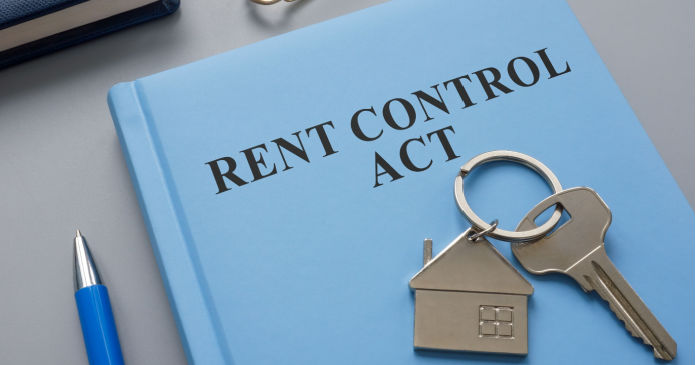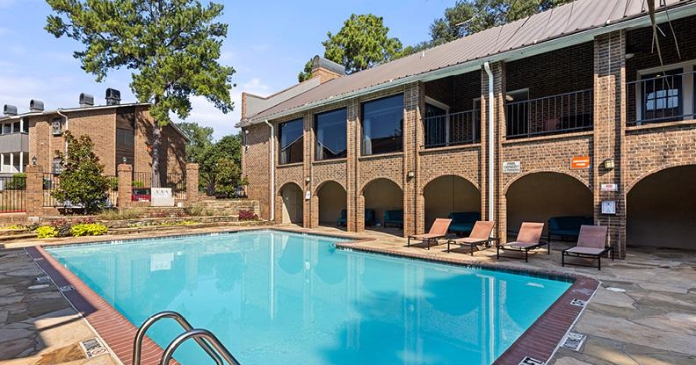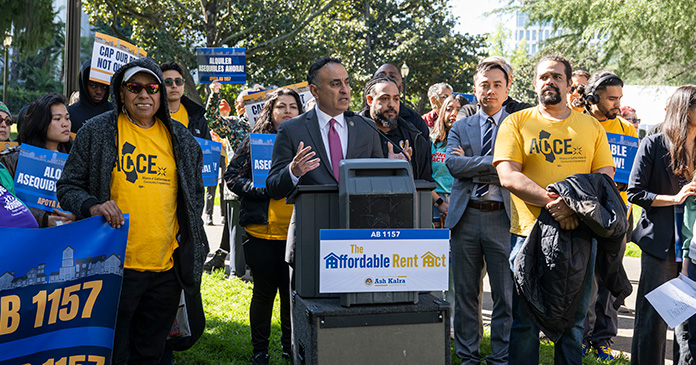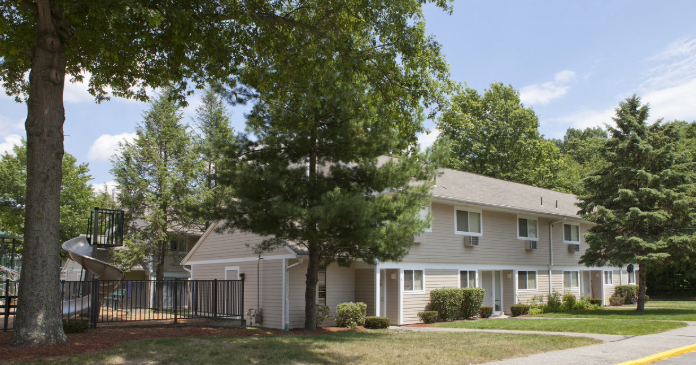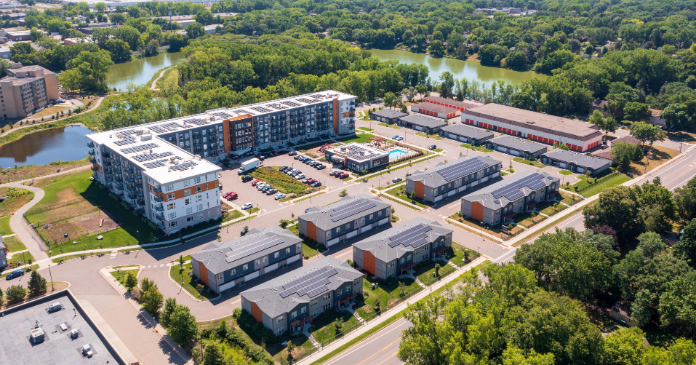A new rent control initiative, titled the Justice for Renters Act, has been cleared by the California Attorney General to begin the process of collecting enough signatures to qualify it for the ballot.
Update May 26, 2023: Backers of the Justice for Renter Act initiative announced that they had collected the number of signatures required to qualify it for the ballot and delivered those signatures to the California Secretary of State’s office. If the signatures are found to be valid, the initiative will appear on the ballot next year.
Who’s behind it
The proposition is being sponsored by some of the same people who were behind the two most recent rent control propositions, Proposition 10 in 2018 and Proposition 21 in 2020, both of which failed to pass by wide margins. Chief among them is Michael Weinstein of the AIDS Healthcare Foundation (AHF), a non-profit which provides HIV/AIDS medical care in 45 countries around the world. In the two previous efforts to pass a rent control ballot initiative, AHF provided the bulk of the funding.
It is interesting that a daughter organization of AHF called the Healthy Housing Foundation (HHF) is a California landlord. The organization operates thousands of low-income housing units in the Los Angeles area. It acquired most of them by buying disused hotels and converting them to apartments. HHF has run into its own problems with tenant satisfaction. While this experience might have made AHF and HHF sensitive to the need for landlords to have enough revenue to properly maintain their buildings, this does not seem to have changed their opinion on the desirability of rent control.
State of play
Currently, rent control in California is governed at the state level partly by the 1995 Costa-Hawkins Rental Housing Act which limited the ability of local governments to impose new rent control ordinances. It exempted single-family homes and condominiums and housing built after 1995 from rent control.
It is also governed by the Tenant Protection Act of 2019, which imposed a limit on rent increases of 5 percent plus local inflation (total cap of 10 percent) in any 12 month period. This act sunsets January 1, 2030.
Hearing from both sides
A press conference by the proponents of the Justice for Renters Act scheduled for March 14 has been postponed to a currently unspecified date.
A presentation on the potential impact of the Justice for Renters Act by the Howard Jarvis Taxpayers Association is scheduled for March 30 at 12PM PDT.
The short description approved for the initiative reads:
EXPANDS LOCAL GOVERNMENTS’ AUTHORITY TO ENACT RENT CONTROL ON RESIDENTIAL PROPERTY. INITIATIVE STATUTE.
Current state law (the CostaHawkins Rental Housing Act of 1995) generally prevents cities and counties from limiting the initial rental rate that landlords may charge to new tenants in all types of housing, and from limiting rent increases for existing tenants in (1) residential properties that were first occupied after February 1, 1995; (2) single-family homes; and (3) condominiums. This measure would repeal that state law and would prohibit the state from limiting the right of cities and counties to maintain, enact, or expand residential rent-control ordinances. Summary of estimate by Legislative Analyst and Director of Finance of fiscal impact on the state and local governments: Overall, a potential reduction in state and local revenues in the high tens of millions of dollars per year over time. Depending on actions by local communities, revenue losses could be less or more.
Supporters of the measure have until August 28 to collect the 546,652 signatures from among California’s nearly 22 million registered voters required to qualify it for the ballot.


